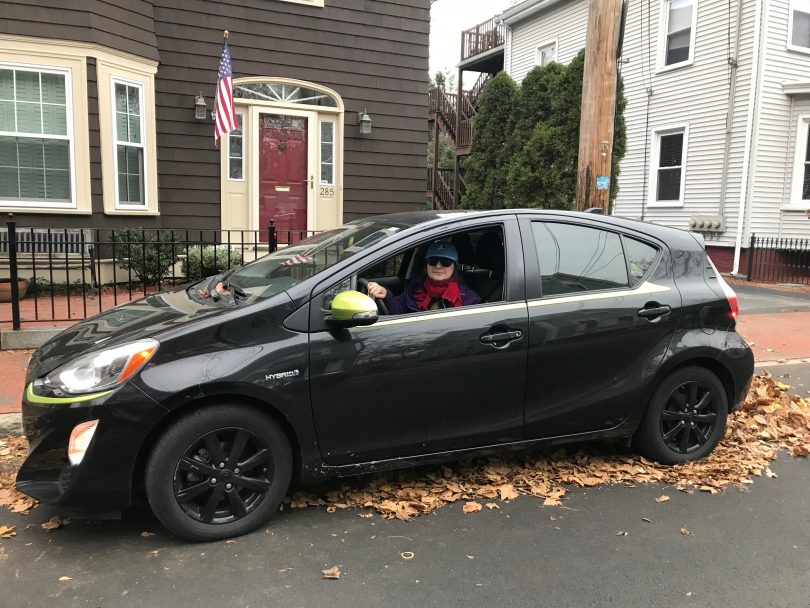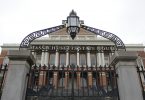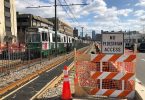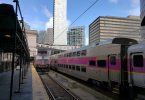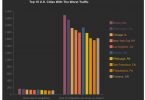By Madison Higley
BU News Service
CAMBRIDGE — Are you a Cambridge resident who has trouble finding parking on your street? Or maybe you have concerns about the loss of parking due to construction, bike lanes, or snow emergencies? Perhaps you are a visitor or a resident who has not gotten around to getting your sticker for “Resident Parking”-only streets and you’ve ended up with an orange envelope on your dash?
Regardless of your personal experience, those who violate Resident Parking regulations may as well be printing dollars for the City of Cambridge.
Analysis of about 20 months of tickets shows the city earns some $70,000 per month. Cambridge clocked over $1.4 million for over 46,000 tickets for all of 2017 and up through Aug. 15 of this year.*
A ticket for a “Resident Permit Only” violation is $30.
“All of the revenue we make all goes into what we call ‘the parking fund,’ a dedicated revenue stream that used to fund transportation related stuff,” explained Joseph Barr, director of the Traffic, Parking and Transportation for the city of Cambridge.
The fund covers the department’s expenses, which according to the city’s FY2019 annual budget are over $13 million this year. Since the department’s revenue is larger than its budget, the remainder of the money goes back to city departments that have transportation-related uses, such as the community develop department and public works departments, Barr said.
Most tickets issued are from Parking Control Officers who keep their eyes out for the lack of permits while on their routes. Residents also call in to report violators. An officer’s route covers both business and residential areas.
“We’ll tell them to check the resident areas in the morning,” Barr said. “If someone is parked overnight, to catch that, then go out into the business districts, then back into the residential areas.”
The routes are broken up based on how busy an area is. Areas such as Harvard Square are broken up into smaller geographic chunks, while areas such as North Cambridge are broken up into larger sections, he explained.
As for how much parking is available in the city, the department has received varied feedback.
“Generally we hear in most parts of the city there’s not enough, both resident parking and meters, but you get into the less dense parts of the city and that becomes less of an issue,” Barr noted.
But it is an issue for Alison Ball who lives in the Strawberry Hill neighborhood.
“We’ve lost so many parking spots on the street because of all of the construction happening,” Ball said.
The city is overseeing numerous construction projects that involve replacing sidewalks, sidewalk ramps and asphalt all over town.
Cambridge resident Paula Wright thinks months of construction on Pearl Street has taken a toll.
“As I look in this neighborhood, I think there are fewer vehicles now on this street,” she said on a recent afternoon as she was sitting in her car in Cambridgeport.
“I don’t know if people got frustrated and just ditched,” Wright said.
Wright also noted she does not see many cars parked in her area without permits and said parking officers are “pretty good” since cars without permits usually get ticketed. If you’re a Cambridge resident and would like to apply for or renew a resident parking permit for 2019, check here for more information.
*Parking data available on the city’s online data site only went through Aug. 15 as of publication.

